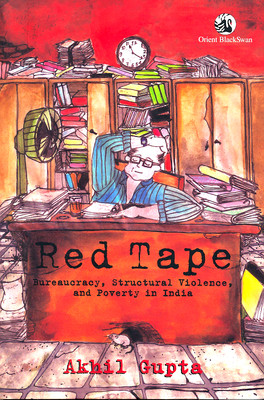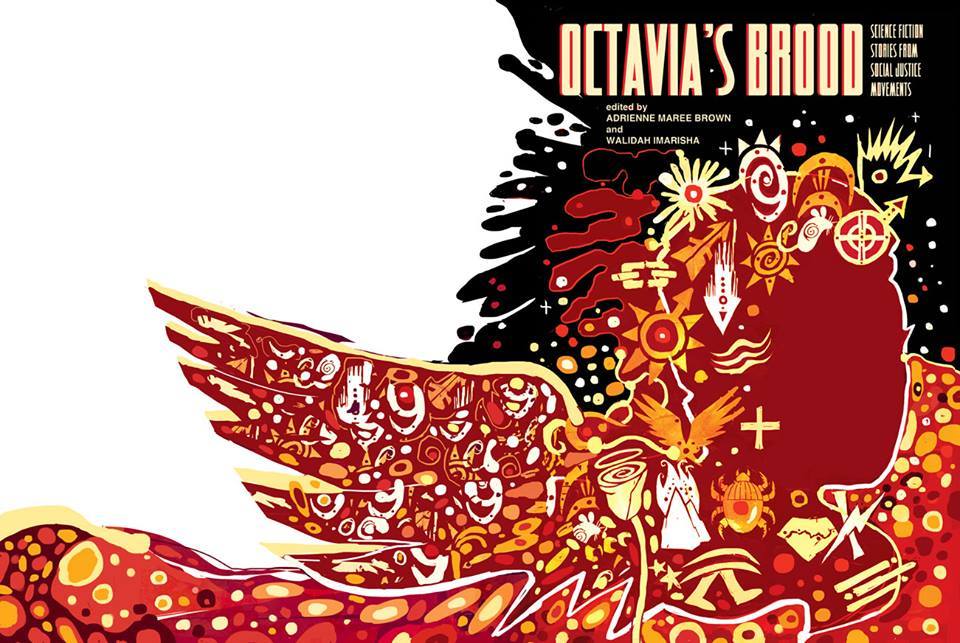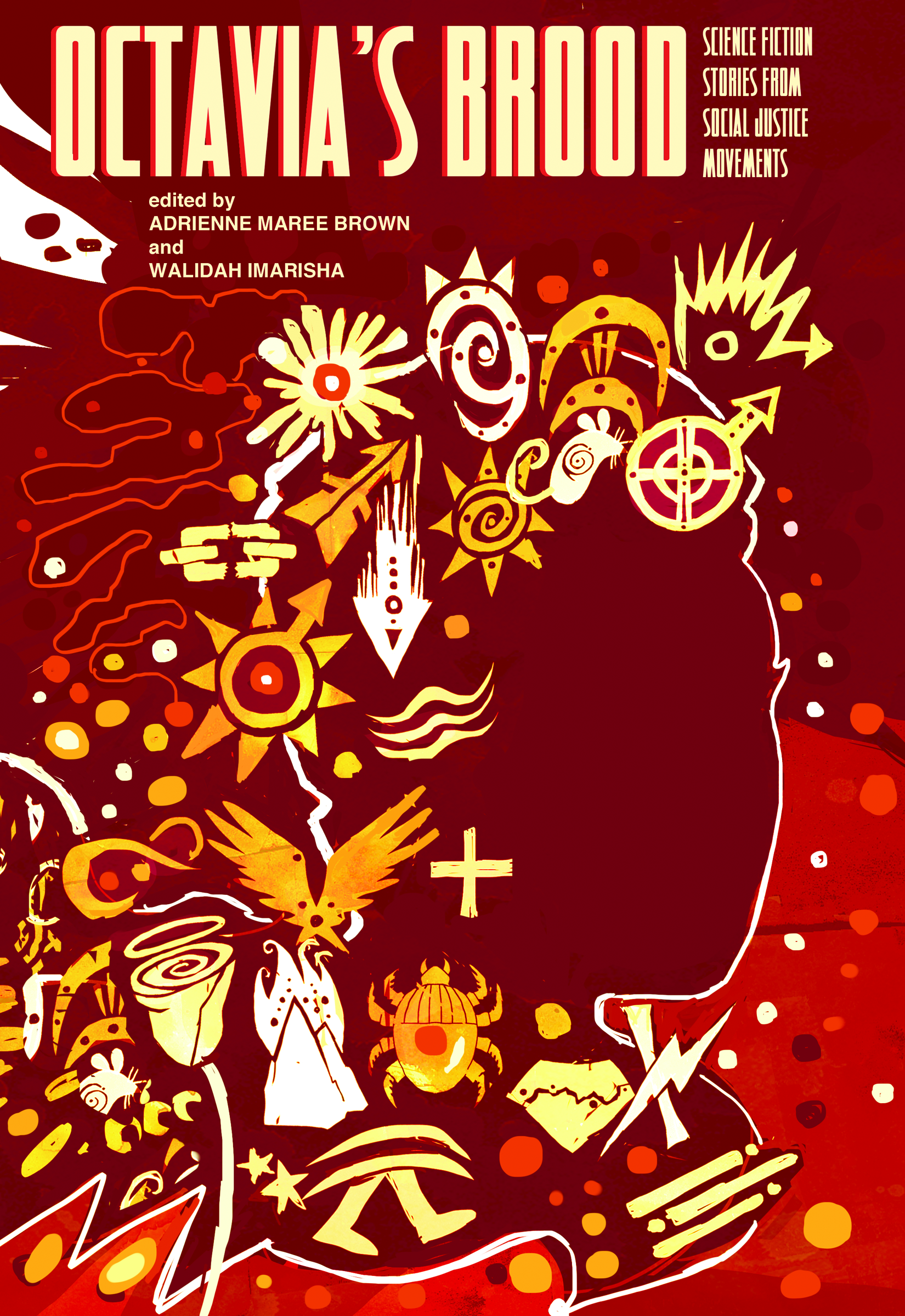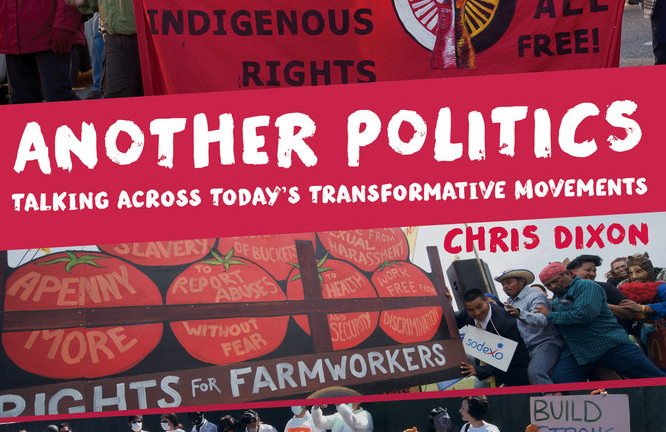
The forces responsible for changing the climate and endangering the future of humanity have names. Names such as: Chevron and Exxon Mobil, Saudi Aramco and Petroleos de Venezuela. They are the predominant groups responsible for playing havoc with our collective future. In fact, two-thirds of historic carbon dioxide and methane emissions can be attributed to exactly ninety entities. They are based in forty-three countries and extract resources from every oil, natural gas, and coal rich region in the world. They process the fuels into products that are sold to consumers in every nation on the planet. Of the top 85 emitters, 54 are in industrialized countries and 31 are in developing nations.[2] Knowing who and where they are demonstrates that an end to the problem is within our reach. In order to stop global climate change all we need to do is put pressure on these isolated entities, right?
Wrong. While these are the primary economic forces responsible for climate change, it would be a mistake to think if we stop these particular companies from conducting business as usual, we can solve the problem. They are only the most public faces of a system that goes much deeper.
Publishing
Institute for Anarchist Studies Winter 2015 Newsletter
 New IAS Grants The IAS is proud to congratulate our latest round of grantees.
New IAS Grants The IAS is proud to congratulate our latest round of grantees.
Laura Hall Laura Hall’s background is Mohawk and English-Canadian. Her work explores decolonizing and Indigenist approaches to environmentally sustainable community planning, while gendering the work in order to focus on the issues of Indigenous women as well as two-spirited peoples. She is a PhD candidate in Environmental Studies at York University.
Her project is called “Eco-Queer Indigenous Feminism” I name my approach according to my own experiential, embodied and intersectional lived experience, but also as a way of representing the depth of Indigenist and decolonizing theory. In grounded, embodied, intersectional movements and story, Indigenous Eco-Queer feminist analysis is forming against a number of pressing issues— opposing oil and natural gas development for example and also ongoing housing/poverty needs, the likes of which are being addressed in our Indigenous communities in creatively culturally rooted ways. I would like to draw connections between our movements and anarchist-socialist discourses, while also lending a (Haudenosaunee) Indigenist analysis of the state’s relationship to hegemonic theory and treaty understandings (at two extremes) in order to better understand ways that we might unthink the state, rethink the state, or dream new/old governance in the spirit of treaty based responsibility (as both Indigenous and ally/accomplice groups).
E Ornelas E Ornelas is a queer and genderqueer identified anarcha-feminist of mixed ethnic background who is an English-as-first-language, US citizen living in a colonized land. E’s research interests include the intersections of anarchist and feminist theory, particularly in educational contexts. When E is not facilitating both formal and informal discussions on these topics, E enjoys biking and baking.
E’s project is called “Purple & Black: An Anthology of Anarcha-Feminist Theory & Action” This is meant to provide a review and synthesis of anarcha-feminism while moving conversations about anarcha-feminism beyond past authors’ attempts at defining and defending it within anarchism, to a compiled recognition and celebration of its achievements and contributions. My approach is to examine and annotate pertinent anarcha-feminist cultural artifacts, whether textual, artistic, oratory, etc. Though I am influenced by previous anarcha-feminist publications, I also wish to expand their reach beyond a predominantly white, western, and/or predominantly English-speaking sampling of theory and action.
Jack McGinn Jack McGinn has long been involved in activism and international solidarity related to the Palestinian cause, having worked with Students for Justice in Palestine for six years, translating and distributing dispatches from activists based in Palestine, and writing for an online audience on related matters. He lives in Northern Ireland.
His project is called “Anarchist Trends in the Organizational Methods Underpinning the First Palestinian Intifada” Palestine remains a well-examined and critical point of focus for the international anti-hierarchical Left, situated as it is at the intersection of imperialist, capitalist, and neocolonical power. However, research into how specifically anti-hierarchical thought and practices play a role in the (multi-faceted) Palestinian resistance is lacking and in many cases is nonexistent. A pertinent example is the first intifada; a remarkable example of a decentralized and subaltern-led campaign of sustained resistance. Work has been done on the Israeli Anarchists Against the Wall, and a sparse amount of research on the dynamics of queer resistance against patriarchy and occupation exists, but there is as yet no study (in Arabic or English) like that of Sam Dolgoff’s edited collection of essays on the anarchist collectives in revolutionary Spain, for example. This piece looks to fill that void.
The Violence of Bureaucracy: A Review of Red Tape: Bureaucracy, Structural Violence, and Poverty in India by Akhil Gupta (Durham and London, Duke University Press, 2012) by Dalel Benbabaali
According to anthropologist Akhil Gupta, the structural violence of the state in India kills two to three million people every year, mostly lower caste or tribal women and children. Yet, numerous anti-poverty programs target a population that actively participates in the democratic project through the electoral process. Gupta tries to explain this paradox in his new book, based on a detailed ethnography of the Indian bureaucracy.

“To be governed is to be at every operation, at every transaction, noted, registered, enrolled, taxed, stamped, measured, numbered, assessed, licensed, authorised, admonished, forbidden, reformed, corrected, punished.”[1] Without directly referring to this quote from French anarchist Proudhon, Gupta provides a similar description of the Indian government that perceives poor women and children as “segments of the population that had not been as extensively surveyed, counted, classified, measured, injected, or schooled in the past” (261).
In fact, his references are less Proudhonian than Foucauldian. Basing his argument on the concept of biopower as it was elaborated by Michel Foucault, Gupta suggests that poverty in India has been normalized through numerous statistical projects aimed at measuring it. As a consequence of this normalization, the killing of the poor is neither considered a violation (of law, justice, morality or the Constitution), nor a scandal that delegitimizes power.
Bring Octavia's Brood's Authors to Your Town!

Octavia’s Brood (IAS/AK Press, 2015) co-editors Walidah Imarisha and adrienne maree brown, as well as many of the contributors, will be touring with the book in Spring and Fall 2015 and want to come to a campus, community center or bookstore near you!
All organizing is science fiction. A world where everyone has a home, a great education, community based transformative justice, nourishing food to eat and clean water to drink, where we are in right relation to the planet, to each other, where we are free to be and love ourselves as we are, to grow together?
We have never seen it.
But Octavia’s Brood: Science Fiction Stories From Social Justice Movements (AK Press/IAS, 2015) can help us envision that world. Octavia’s Brood is an anthology of original science fiction from social justice movements written by organizers and activists. Each of the 20 stories reimagines the world we live in, putting forth compelling futures with new questions, new visions to explore.
More about the book is below, and also at the publisher’s website: http://www.akpress.org/octavia-s-brood.html
We will be touring April through June 2015, and then looking to Fall 2015 as well.
If you are interested in bringing visionary voices to your community, please contact Jen Angel jen@aidandabet.org
AK Press, in conjunction with the Institute for Anarchist Studies (IAS) will publish Octavia's Brood: Science Fiction From Social Justice Movements!

From the books editors, Walidah Imarisha and adrienne maree brown: “We are so ecstatic to share the list of contributors to this project, and to thank the folks who have shared their work, their words, their vision with us and Octavias’ Brood: The book will include short stories from LeVar Burton, Terry Bisson, Alexis Pauline Gumbs, Alixa Garcia, Autumn Brown, Bao Phi, David Walker, Dani McClain, Dawolu Jabari Anderson, Gabriel Teodros, Jelani Wilson, Kalamu ya Salaam, Leah Lakshmi Piepzna-Samarasinha, Mia Mingus, Morrigan Phillips, Tara Betts, Tunde Oluniran, Vagabond, adrienne maree brown and Walidah Imarisha, essays by Tananarive Due and Mumia Abu-Jamal, as well as an introduction by Sheree Renee Thomas.
Perspectives Event in Portland, Oregon August 19th!
Perspectives on Anarchist Theory, which has been published for over seventeen years by the Institute for Anarchist Studies, is proud to present an evening in Portland, Oregon with noted scholars and activists Walidah Imarisha, Tamara Lynne, and Lara Messersmith-Glavin. The theme of the evening is … Read more
New Issue of Perspectives on Anarchist Theory available from AK Press!
http://www.akpress.org/perspectivesonanarchisttheorymagazine.html Here’s what’s inside: * Introduction, Lara Messersmith-Glavin * Elsipogtog: River of Fire, Andréa Schmidt * Theatre and the Art of Transgression, Tamara Lynne * Octavia’s Brood: An Interview with Walidah Imarisha, Lara Messersmith-Glavin * Liberating Linguistics, Alexander Reid Ross * Do-It-Yourself Strategies for … Read more
Knowledge-Production & Social Movements: A Roundtable!
Ever wondered what goes into the publishing decisions of outfits driven by social movements? It turns out the folks at Interface: A Journal for and About Social Movements figured you might’ve. So, one evening last summer, they threw a potluck in London (UK), and invited … Read more

